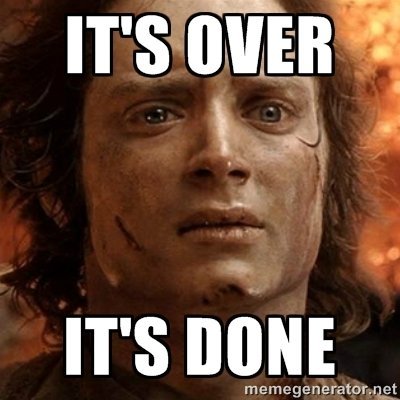
Down to the End
Throughout this course I have learned to view “literacy” in a different manner. Literacy has lost the generic meaning of reading and writing and has expanded to encompass all types of expression whether it be classical art, street art, music, dance, languages, facial expressions, etc. By viewing literacy in a new way I have begun to look at the world and forms of expression that surround me in a new way. I have found myself trying to understand why people choose certain forums to express themselves, like street art, and have begun to see the importance in their expression and how this expression can affect the public as well as myself. This class has broadened my interest and enhanced my interest in new literacy practices as well as peaked my interest in the process of changing literacies based on the passing of time and generations.
Generational literacy changes is by far the section I found most interesting this semester. I believe that by studying these changes we could not only make transitioning easier but also alleviate some of the tension between “old age” and “new age” practices. I am a firm believer that it takes a village to produce anything and I see so much animosity between parents and children because of the literacy practices they involve themselves in and I believe a balance between the two sides of the equation could create a profound difference that can benefit everyone involved. For example, the technological transition for adults tends to be difficult later in life while it seems to come second nature to most of the younger generation. I believe this is based off of exposure. Children grow up learning technology and learning how to adapt to new online formats because their literacy practices have been fundamentally different from that of their parent or grandparent’s practices. If we can formulate a more in depth sponsorship program (Debra Brandt) that crosses cultural, economic, and age timelines then our transition into new literacies can be understood at a broader level with less animosity between age groups.
This has been my favorite class of the semester while also being the class that I have felt most invested in. I began this class unsure of what it was really about and feel as though I am ending it with a much more concrete idea of what the literacies are that surround us. I feel like the group projects affected my learning the most and that I gained less understanding from the readings themselves. Also, the article groups and book club exercises were the most helpful for me because I could use my group as a sounding board and gain new perspectives and they were awesome!! Thank you Kim for broadening my perspective!

 Website:
Website: